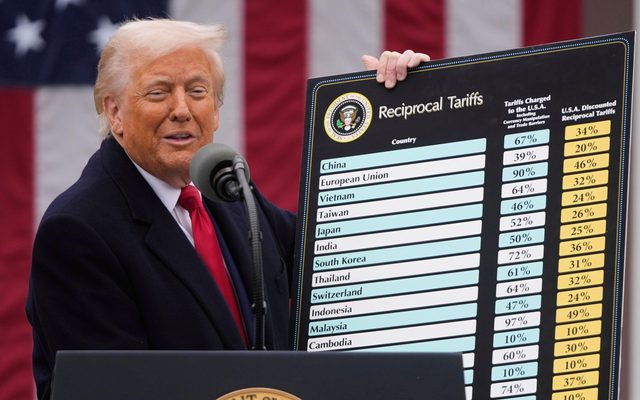This article is from the Australian Property Journal archive
FEARS over the coronavirus (Covid-19) outbreak has battered property stocks globally – recording its biggest weekly fall in over a decade. Whilst the virus has yet to slow the rapid recovery in house prices, economists forecast unemployment will rise and the Australian economy will fall into recession, and more fiscal stimulus will be needed.
According to the latest Global Property Research report, shares in listed property fell 11.1% in the last week of February, the biggest weekly drop since November 2008.
As a result, the GPR 250 Index finished February 7.8% lower.
Not one continent recorded a gain with losses ranging from -4.8% for Oceania to -15.5% for Africa. At country level, Switzerland (-1.8%) fared the best whilst South Africa (-15.5%) was the worst.
Within Asia and Oceania, Japan suffered the biggest monthly fall, down 11% in February, dragging down the Asian index to be down 8.7%. Singapore also took a hit, declining 5.1% during the month and Australia fell 4.8%.
Although Hong Kong fared slightly better, falling by 3.2% during the month, the index is weaker over the six and 12 months, down 7.5% and 9.2%, respectively.
Meanwhile the ASX yesterday recorded its second largest fall in its history, plunging 455 points to 5760.6, wiping $136.5 billion from the index’s $1.87 trillion value, since it hit a record high of 7289.7 points on February 20. Since then the ASX has fallen by 19.6%.
Westpac yesterday forecast the Australian economy will fall into recession for the first time in almost 30 years.
The latest Australian Bureau of Statistics released last week showed GDP grew by only 0.5% during the December quarter.
Westpac chief economist Bill Evans is forecasting the economy will contract in the first and second quarters.
“On a quarterly basis we expect the economy will contract in both the first and second quarters by 0.3% and 0.3% respectively to be followed by a rebound of 1.4% and 0.8% respectively in the third and fourth quarters.
“That growth profile constitutes a technical recession but given the expected recovery in the second half of the year it is much more realistic to characterise the situation as a ‘major disruption’ to growth rather than the style of recession that Australia has experienced in the past.” Bills said.
He added that the rebound in the second half should prevent unemployment soaring into double-digit territory, which would lead to increased risks in the housing market as homeowners will not be able to make repayments.
“In Australia’s last two recessions the unemployment rate lifted from 6% to around 11%. We expect the unemployment rate to hold below 6% through this period.”
Meanwhile Capital Economics’ senior economist Ben Udy said house prices are still rising rapidly and there are no signs that the coronavirus outbreak has dented demand.
“But that could change over the coming months as people try to avoid crowded auctions. And if the unemployment rate keeps rising over the coming months as we anticipate, more stimulus will be needed.” Udy said. “Given our pessimistic outlook for GDP growth and the labour market, we consider it more likely than not that the RBA will pull the QE trigger over the coming months.”
NAB chief economist Alan Oster said the coronavirus outbreak is having a large and immediate negative impact on the world and Australian economies.
“Australia’s economy was underperforming prior to the outbreak and GDP now looks to have contracted in Q1 given: (1) the travel ban on Chinese tourists and students that now extends to South Korea; (2) spillovers to other parts of the domestic economy; and (3) supply chain disruptions from the reliance on Chinese-manufactured inputs.
“The Commonwealth government should announce spending and tax measures later this week, aiming to minimise job losses by shoring up the cash flow of affected businesses. The press reports this fiscal stimulus could total $10bn, or around 0.5% of GDP. More significant measures could be considered in the May budget and a greater reliance on fiscal policy is warranted given the nature of the shock and with conventional monetary policy near exhaustion.
“The economy will recover as the outbreak comes under control, hopefully by the end of this year, if not sooner, but until then easier policy has a critical role in providing support until the crisis abates.” Oster said.




